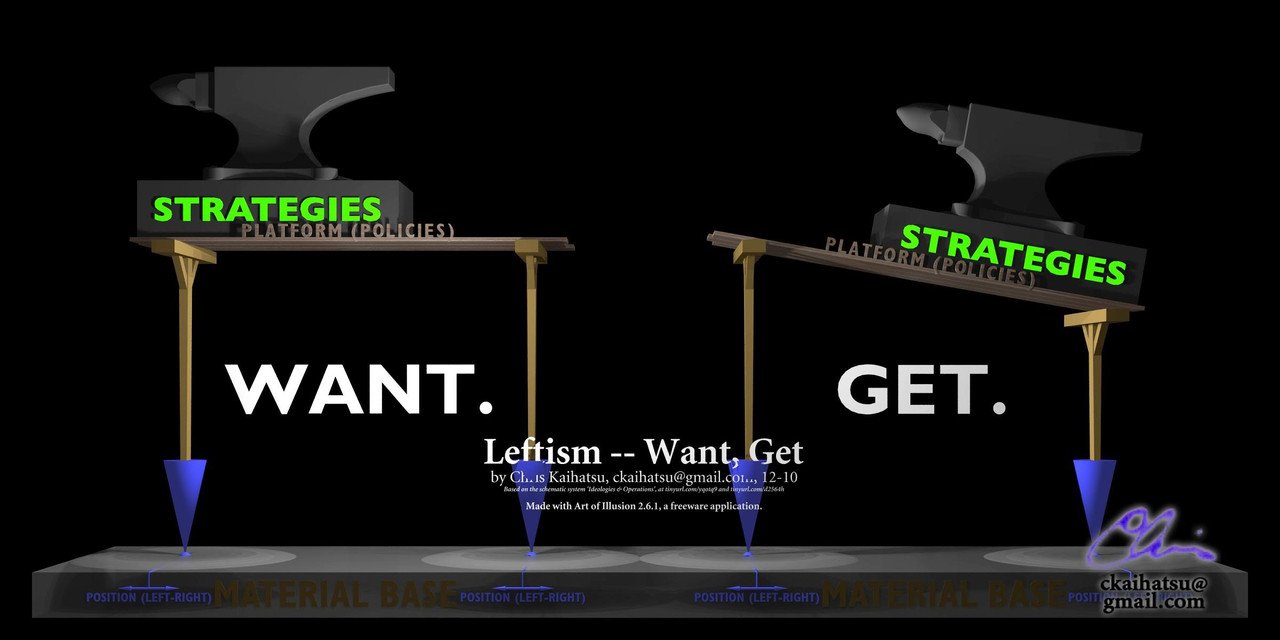ckaihatsu wrote:1] So this is all one big historical *continuation*, minus the interwar period, in your eyes?
2] How about covering events *after* 1800 -- ! (Yeesh.)
3] Why has NATO been engaging in *provocations* -- inching up to Russia's border?
1] The USSR was stopped by Poland in about 1923, so it turned inward.
2] I meant around 1800 France was called an Empire.
3] Why is the largest nation on earth with all the area it needs to hide its nuclear missiles, worrying about NATO on its borders? The US didn't want nuclear missiles so close in the 60s. However, it didn't mind Cuba enough to invade it.
I keep seeing Peter Zeihan going on about Russia needing to secure the 9 historical invasion routes into its heartland. I keep wondering why it can't rely on its nuclear warheads to keep invaders out. Why does it need to invade its neighbors to be secure?
And, the US mostly uses non-invasion methods to secure its "empire". I don't approve of most of it. But, it invaded few nations. Grenada, Panama, Iraq, Afghanistan, & Syria, IIRC over a 30 year period. We might include Vietnam, but it got invited in, and it left without winning.
.













 - By KurtFF8
- By KurtFF8 - By Pants-of-dog
- By Pants-of-dog